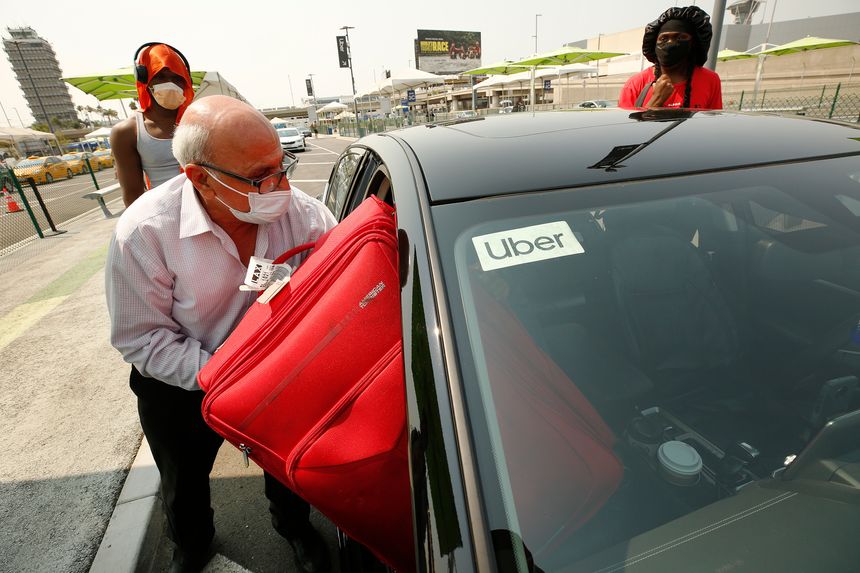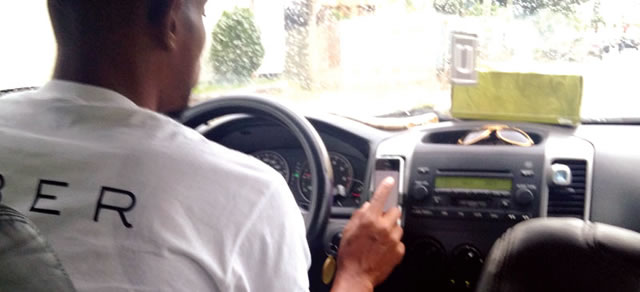Ride-hailing company still expects to reach a measure of profitability by fourth quarter despite driver shortage and Delta variant concerns.

Uber Technologies Inc.’s ridership rebounded strongly in the most recent quarter from last year’s pandemic lows, but a continuing driver shortage and uncertainty about how the Delta variant will affect consumer behavior pushed its shares lower.
The company said Wednesday its adjusted loss excluding tax, interest and some costs narrowed to $509 million in the second quarter from $837 million in the year-earlier period. Analysts polled by FactSet expected an adjusted loss before items of $322 million. Uber spent money in the quarter on incentives to woo drivers amid a shortage that has driven up passenger fares. Its shares fell more than 5% in after-hours trading.
Rival Lyft Inc. on Tuesday turned its first quarterly profit on that basis. The company hit that milestone a quarter earlier than expected, in part because ridership rebounded and it reined in costs.

Uber’s rides business is profitable by that measure, but its bottom line is dragged down by its capital-intensive food-delivery business. The company said it sees its loss by that measure narrowing to less than $100 million in the current quarter, and that it remains on track to post a profit by that measure by the fourth quarter.
Uber is among the companies that were both walloped by the pandemic, as cities went into lockdown and ridership plummeted, and benefited from people stuck at home turning in record numbers to food delivery. Easing pandemic restrictions boosted Uber’s rides business in the second quarter, but rising Covid-19 infections could damp prospects in the near-future.
It will be recalled that the popular ride hailing business, Uber, announced it would lay off 3,700 full-time workers due to the economic impact of the coronavirus pandemic.
The CEO of Uber Technologies Inc., Dara Khosrowshahi, also decided to forgo his basic salary for the rest of the year 2020. Uber is a third-party ride hailing company. It currently operates in over 85 countries.

Most of the vehicles under the brand are owned by individuals who tap into its digitalised mode of operation to make a living, and in return pay a percentage into the coffers of the company.
Unfortunately, since the outbreak of coronavirus, the business has taken a downward spiral as human activities became restricted across nations in a bid to curtail the spread of the disease. This inversely means a drastic drop in app-based rides.















